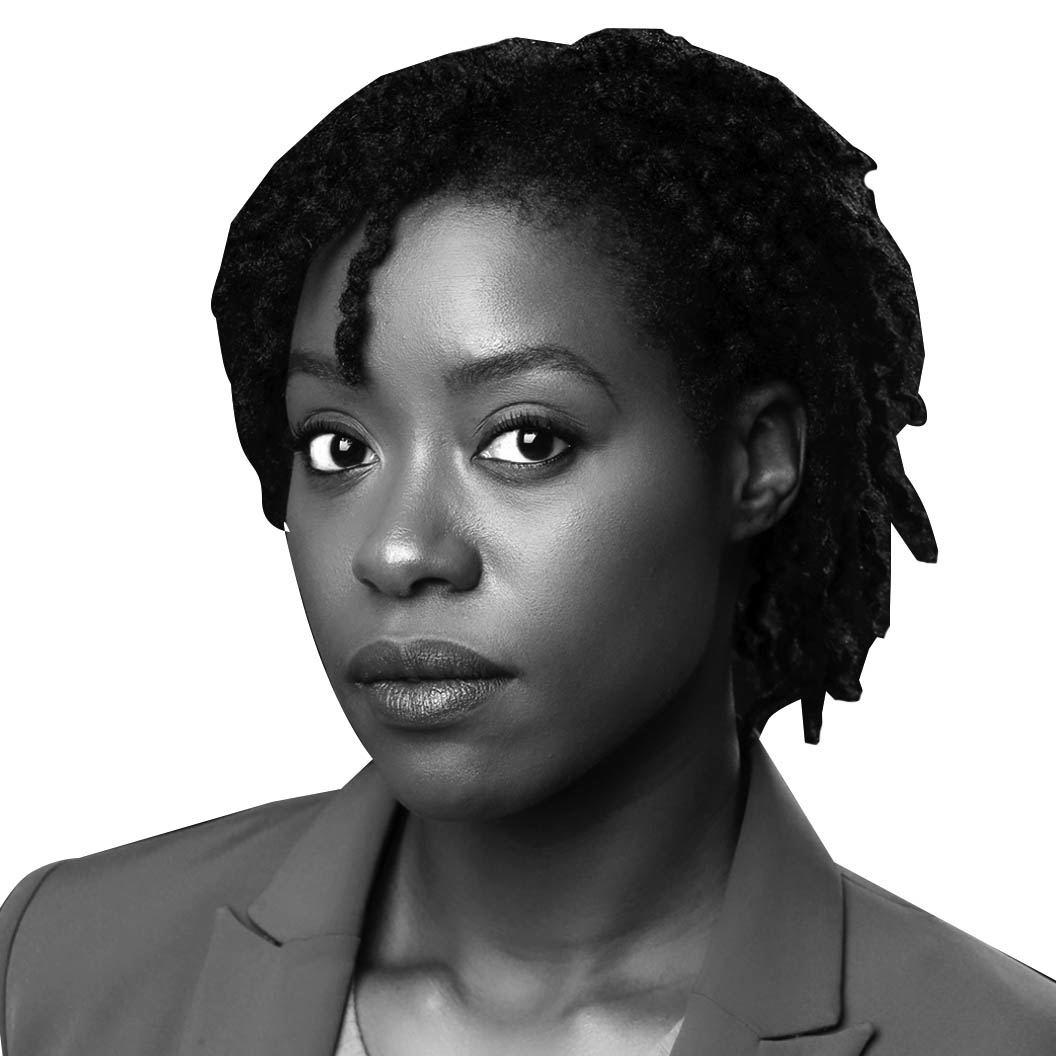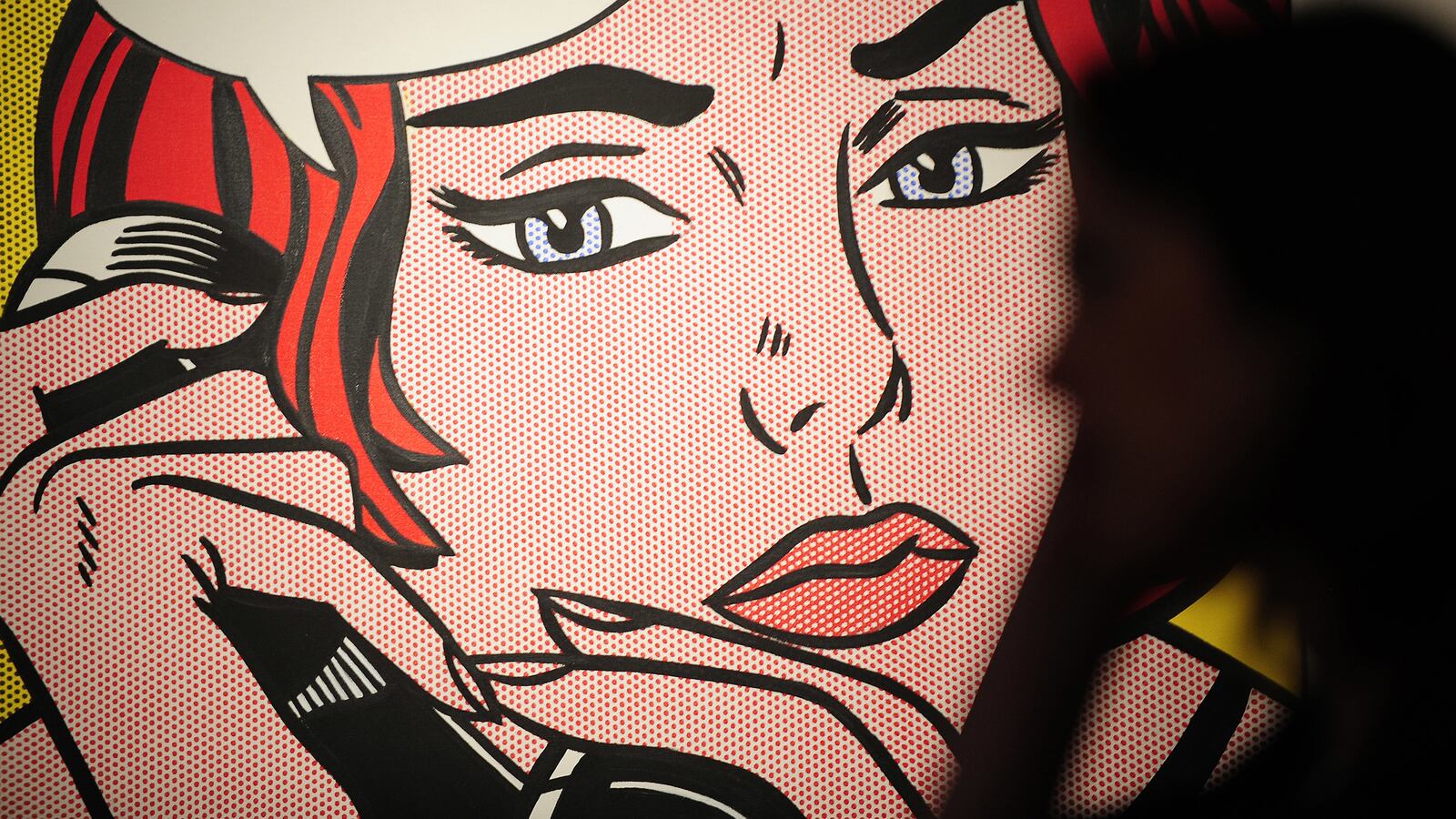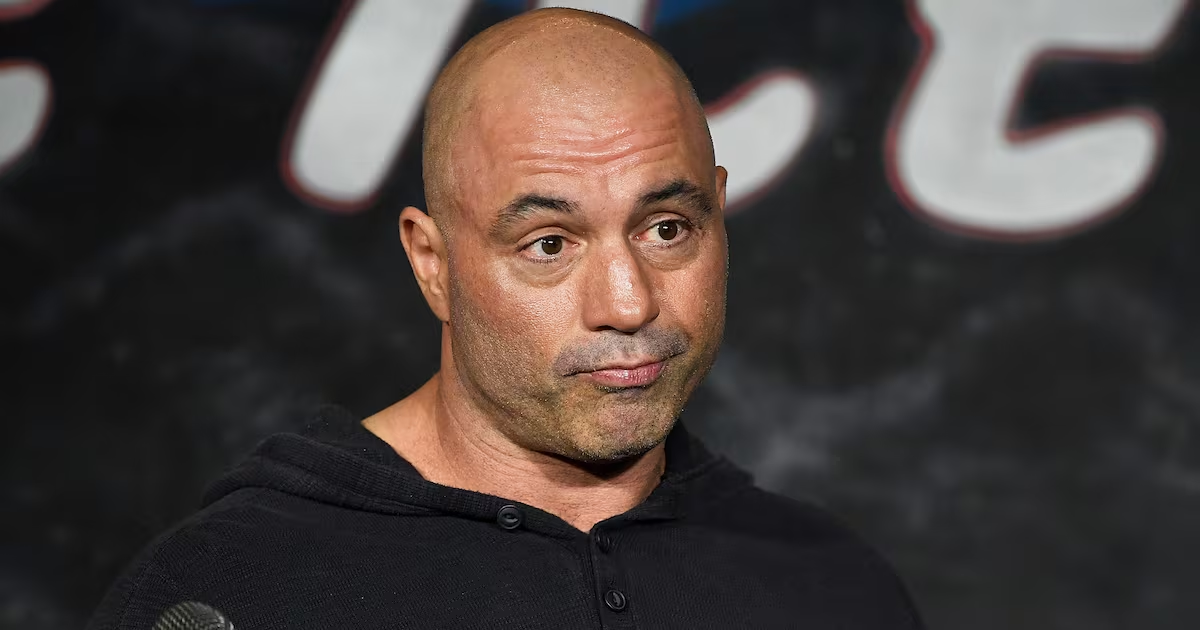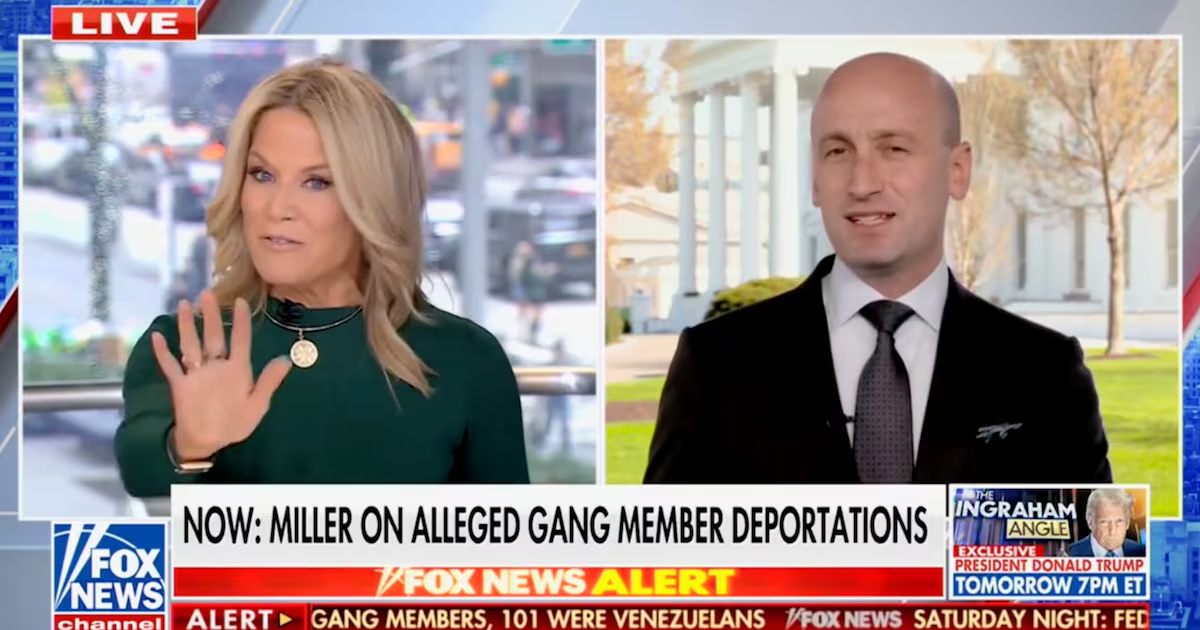One night, a man who had trouble figuring out the “opposite of North” called 911 to report a “sketchy,” unarmed man in a ski mask he’d passed on the street. The caller noted that no one’s life was in any danger and that the person under the mask could be a “good person” or a “bad person.”
The responding Aurora, Colorado, police were somehow unable to de-escalate a situation with the unarmed, 5 foot 6 inch, 140-pound man—one who’d been wearing that ski mask due to a health condition and who pleaded with them to understand he was simply “different” and not the menacing person with superhuman strength the officers seemed to believe he was. By the time the police had finished responding to the call, they’d killed 23-year-old Elijah McClain, a young man who played the violin for kittens and brought light to those around him.
As Amy Cooper (the woman who threatened to call the police on an “African American” man during a non-threatening verbal confrontation in Central Park) has shown, people know what can happen when they call the police on Black people. So why would anyone still be so quick with their 911 trigger fingers in situations that do not absolutely require it?
If you’re getting the police involved, there should be no ambiguity between a “good” or “bad” person. If it’s unclear, then you need to put your phone down and reevaluate.
I’m sure that some people legitimately think they must call law enforcement at the first sign of anything out of the ordinary. But more than likely, you don’t.
If you aren’t clear on whether that “suspicious” situation, in which no one’s life is at risk, is worth potentially causing the death of an unarmed Black person, here’s a list of things you can do rather than calling 911.
Option 1: Mind your business
It’s free! Take it from New Yorkers, some stones are better left unturned. You’d be surprised how little effort is needed to simply mind your business and how few people are harmed in the process.
Option 2: Call 311 or 211
911 isn’t the only number you can call in a non-emergency situation. In fact, you should never call it outside of an emergency. In most places, 311 and 211 provide assistance with government services and can help point you in the right direction, preferably away from the police. And, of course, you can always go ahead and mind your business instead (see option 1).
Option 3: Ask yourself: “Is this situation legitimately a life-or-death emergency or are they just Black?”
Alas, the truth shall set you free. The answer to this question might take some deep and uncomfortable introspection, but it’s necessary in order to conclude whether your suspicions or fears are legitimate or if you’re just kinda racist.
Unfortunately, the fear of Black people, particularly Black men, is ingrained in society and if you find yourself falling into it, while shameful, you wouldn’t be the first. But you can (kinda) redeem yourself if you unpack your “Negrophobia,” recognize it when it strikes and before picking up the phone to call 911, consider option 1.
Option 4: Call this fictional hotline
If option 3 yielded little clarity, this automated system might help you determine if your suspicions are really just based on irrational anxiety toward Black people.
You know, maybe that Black person jogging through your neighborhood actually just lives there.
If so, proceed with option 1.
Option 5: Consult a white ally of anti-Black violence
It’s time white allies of anti-Black violence start stepping in to disrupt racist ideologies. In a non-emergency, you have plenty of time to talk out the situation with this “woke” friend who can help you figure out what your next step should be.
If your friend helps you come to the conclusion that you’d be better off peeling back from your unofficial neighborhood-watch perch and taking a nap, you guessed it, go ahead and refer back to option 1.
A word of caution: Please do not burden your Black friends with the task of helping you decipher your racial bias or potential for harm. We’re tired of explaining racism.
Hopefully, the next time you’re confronted with a situation in which you can choose whether or not to call 911 on a non-threatening Black person who’s likely just living their life, you can refer to this list and come to a better-informed decision.
And remember, minding your business is always on the table.






